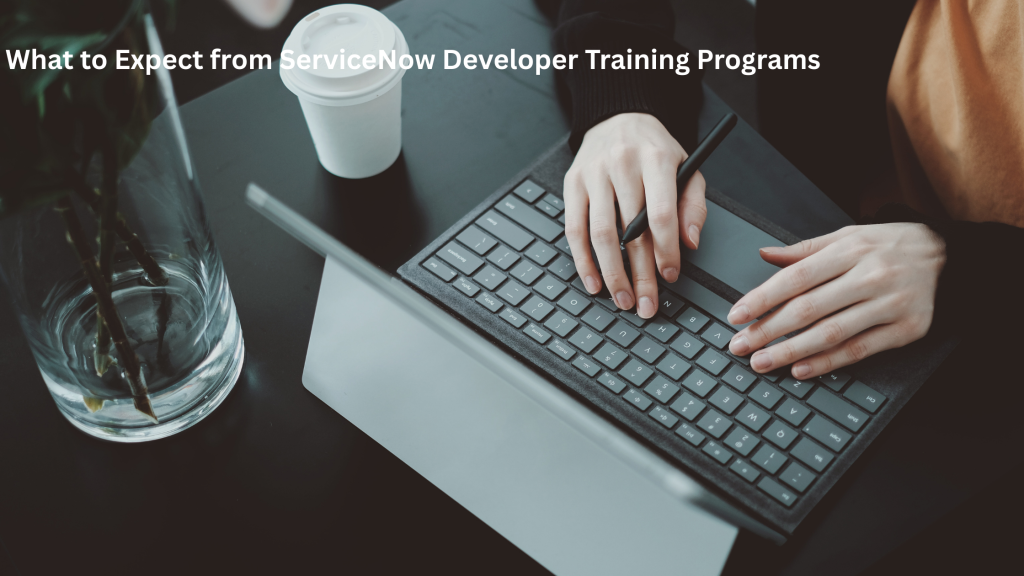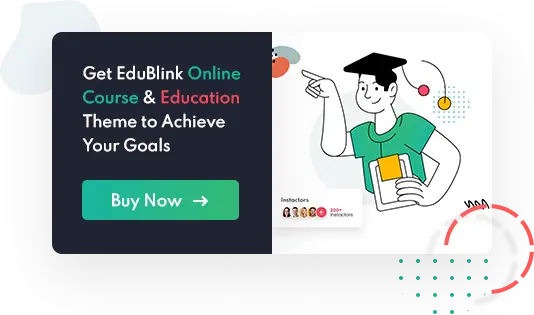Currently Empty: $0.00

The demand for ServiceNow developers continues to rise as organizations worldwide embrace the platform for digital transformation, IT service management, and workflow automation. If you’re planning to step into this field, enrolling in a ServiceNow Developer Training Program can be a game-changer. But what exactly can you expect from such programs? Let’s break it down.
Table of Contents
Toggle- 1. Comprehensive Platform Overview
- 2. Hands-On Experience with a Personal Developer Instance (PDI)
- 3. Core Development Skills
- 4. Integration and Automation
- 5. Best Practices and Real-World Scenarios
- 6. Certification Preparation
- 7. Career Support and Networking
- 8. Continuous Learning Resources
- Final Thoughts
1. Comprehensive Platform Overview
ServiceNow is more than just a ticketing system—it’s a complete workflow automation platform. Training programs usually begin with:
Navigating the ServiceNow interface.
Understanding key modules like Incident, Problem, and Change Management.
Introduction to the ServiceNow architecture and data model.
This foundation ensures you grasp the bigger picture before diving into development.
2. Hands-On Experience with a Personal Developer Instance (PDI)
One of the highlights of ServiceNow learning is the chance to work on your own sandbox environment. Training providers often guide you on how to:
Request and set up a free PDI.
Practice workflows, create forms, and customize applications without fear of breaking anything.
Gain real-world experience by experimenting with scripts and automation.
3. Core Development Skills
Developer training focuses heavily on building technical skills, including:
Scripting in ServiceNow (JavaScript, Glide API, and server/client scripts).
Designing and developing custom applications.
Building and customizing Service Portals and UI policies/actions.
Creating and managing workflows using Flow Designer.
By the end, you’ll be able to design functional apps that solve real business problems.
4. Integration and Automation
Modern businesses rely on interconnected systems. ServiceNow training helps you:
Learn how to integrate ServiceNow with third-party applications (REST, SOAP APIs).
Automate processes using IntegrationHub and pre-built spokes.
Understand orchestration and advanced automation capabilities.
5. Best Practices and Real-World Scenarios
Training programs emphasize ServiceNow best practices to ensure your solutions are scalable and maintainable. Expect:
Lessons on configuration vs. customization (and why over-customization is risky).
Guidance on designing solutions that align with ITIL and enterprise standards.
Real-world case studies and projects to mimic workplace challenges.
6. Certification Preparation
Many training programs are aligned with ServiceNow certification tracks, such as:
Certified System Administrator (CSA).
Certified Application Developer (CAD).
ITSM, HRSD, or CSM specializations.
You’ll often receive practice tests, mock exams, and tips to confidently clear certifications.
7. Career Support and Networking
Some programs go beyond technical training to include:
Resume-building workshops tailored for ServiceNow careers.
Interview preparation with common ServiceNow developer questions.
Access to alumni or peer communities for networking and collaboration.
8. Continuous Learning Resources
Since ServiceNow evolves with every new release, training doesn’t stop at graduation. Programs often highlight resources such as:
ServiceNow Documentation & Community for problem-solving.
Staying updated with NowLearning (official training hub).
Leveraging forums, blogs, and webinars for continuous growth.
Final Thoughts
A ServiceNow Developer Training Program isn’t just about learning technical skills—it’s about preparing for a long-term career in digital workflow automation. From mastering the platform fundamentals to building real-world apps, integrating systems, and earning certifications, you’ll graduate ready to contribute to high-demand roles across industries.
If you’re considering a training program, be prepared to roll up your sleeves, experiment in your developer instance, and continuously learn even after the course ends.





